WARNING: Boring, adult content
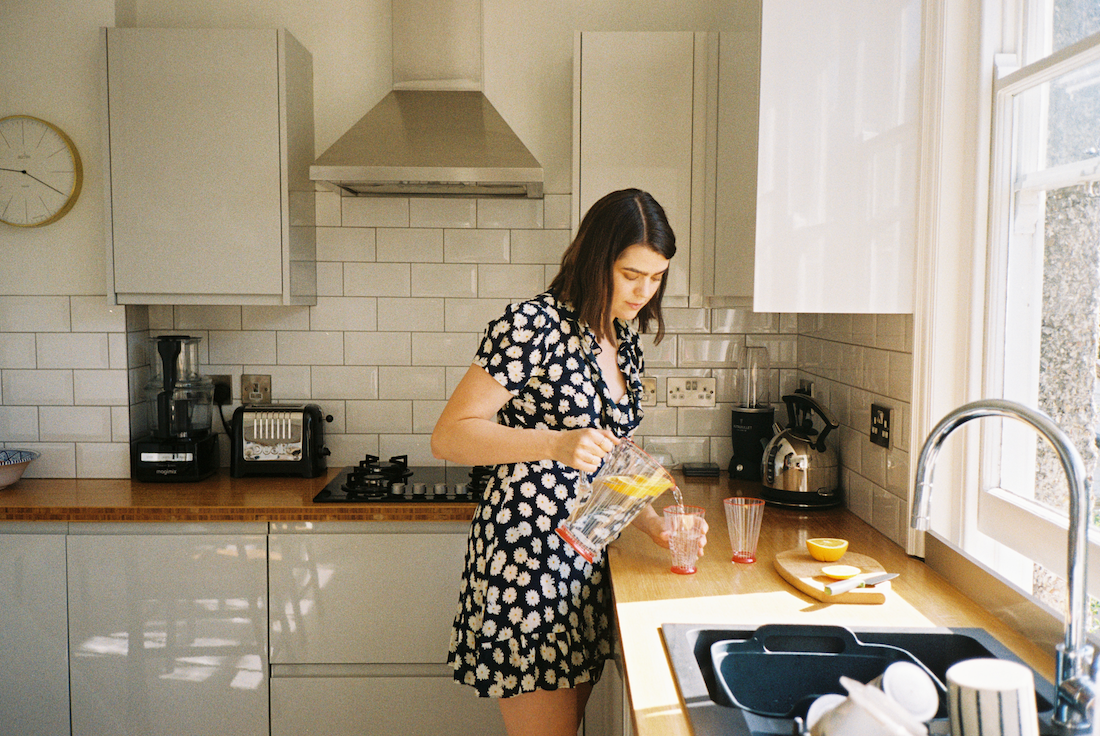
There are some topics I could talk about on here till the cows come home. The best white shirt (& Other Stories Oversized Shirt* in case you were wondering), the one restaurant that you HAVE to go to in N.Y.C (ABC Kitchen FYI), and why I could watch ‘When Harry Met Sally‘ on a never-ending continuous loop. But, there are other topics that I shy away from talking about because they can feel a bit too personal and open up the gateway for public dissection which is about as fun as in sounds. One of those topics? Money. Yeah, it’s a tricky one. Let’s go one step further and stick my neck out even more – HOME BUYING.
Most of my friends are approaching 30 and are at a point in their lives where they fancy owning a property and being able to put some holes in the wall without the worry of losing a damage deposit and not have to fight their landlords for a fridge that actually works. By the time our parents were this age, most were well onto their second homes already, but with the current climate it’s a struggle to get on the market for most and for those who are already on it, to get to the next level it takes some serious saving. So that’s where Mark and I currently are. We adore our flat, but we’d love a garden even more. Outside space! Our own access! A parking space! A spare room! A girl and guy can dream, eh? To be able to afford even 50% of these luxuries in our location we have some serious saving to do, so we are currently knuckling down into home-buyers budgeting mode. A mode that practically all of our mates are in at the moment too which makes it easier. So today I thought I’d share the tips that got us on the property ladder in the first place and the steps that we’ll be taking to be able to save over the next couple of years…
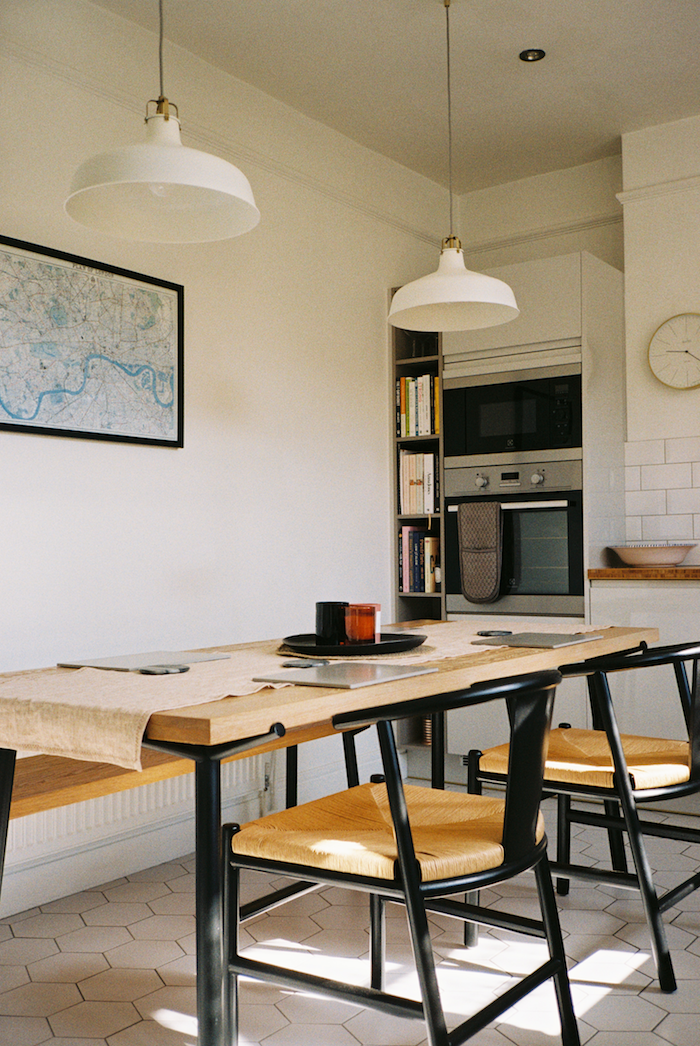
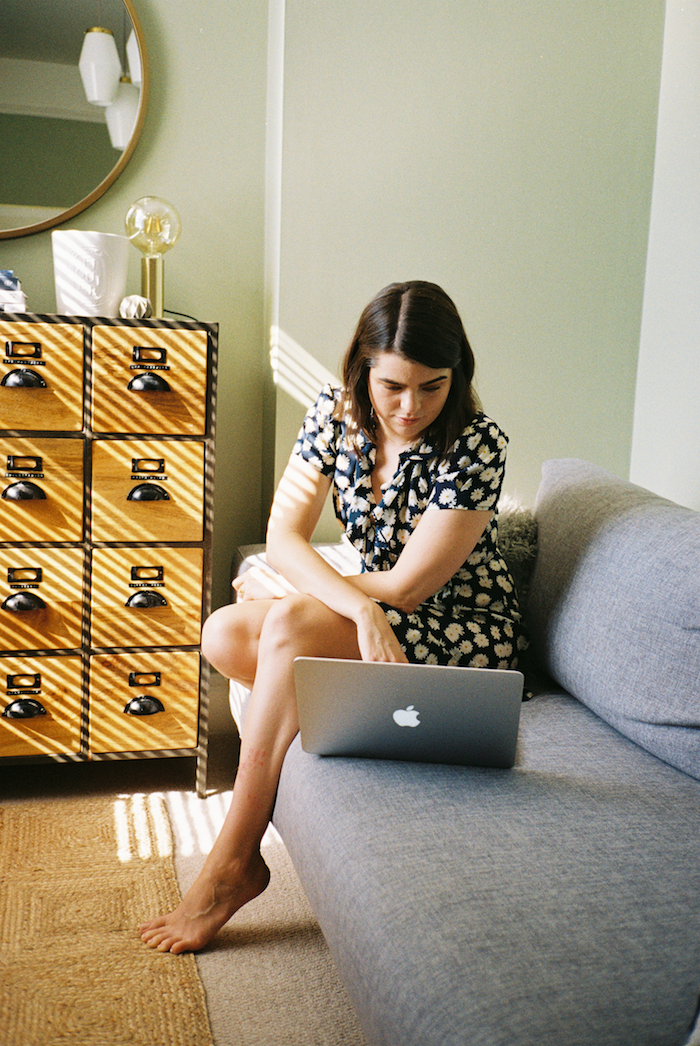
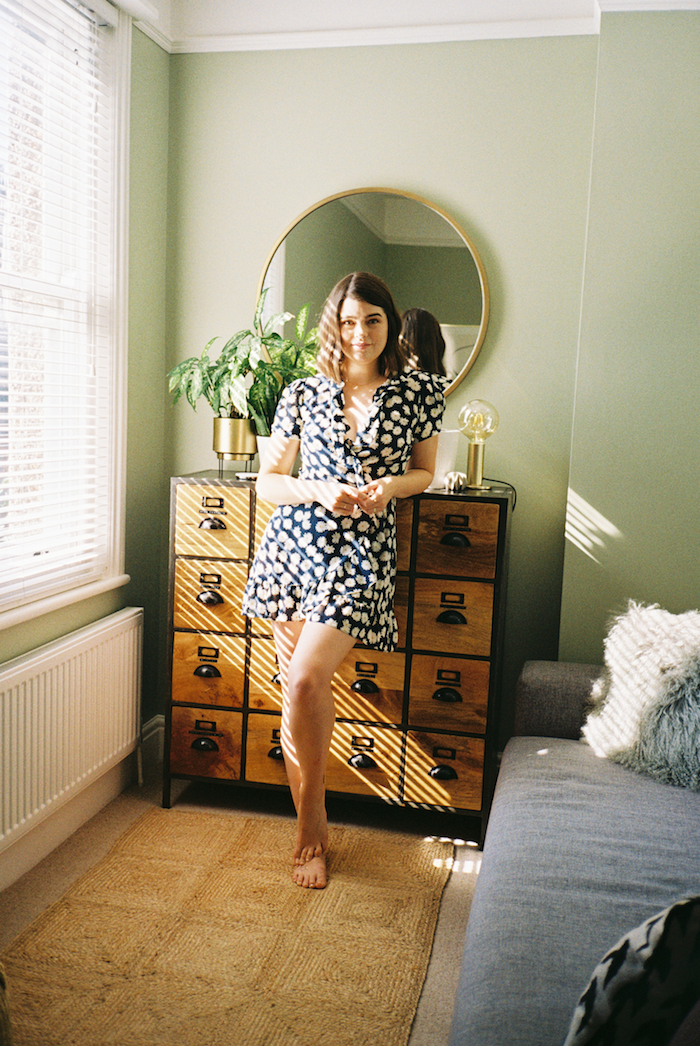

ASSESS THE LAY OF THE LAND. I’m sure this is a step that you’re already engaging with constantly if home-buying is your agenda, but before you work out how much you need to save you need to work out how much you’re going to need to spend. Rightmove is the obvious choice here in the U.K and it can get real addictive, real quick. Punch in your criteria and your desired area and see what’s currently available out there on the market so you have a number that you’re working towards. Take it to the next level by drawing out a specific area that you’re interested in and setting up alerts, so that whenever a new property is added in that exact area you’re alerted via email. It’s a good way of keeping up to date with the market and so you are able to adjust your budgets and goals accordingly.
SET YOUR SAVINGS GOAL. Once you’ve set your sights on the kind of home fits your needs and wants, it’s time to work out your budget. The Money Advice Service is a brilliant place to surf (surf – has anyone said that since 2005?). The Mortgage Calculator is a brilliant tool, where you can add in how much your soon-to-be home is going to cost, along with the deposit you think you’ll be able to save and it spits out how much your monthly repayments will be likely to be. Have a tinker around with different amounts until you find a sum that’s realistic for you; it’s easy to get carried away with house prices and deposits, when ultimately it’s your repayments that will be affecting you day-in, day-out for the next 25 years or more, so really that’s the number that plays the biggest part here.
MAKE ADJUSTMENTS TO YOUR SPENDING. To get yourself on the property ladder or take a step to the next rung, adjustments have to be made to your spending. It’s boring and of course we just want to add the Frankie Shop Julie Double-Breasted Gabardine Blazer* to our wardrobes, but to inch closer to your savings goal you have to inch down the amount of money you’re spending each month. For us we try to make the following changes. Firstly, we cut out any big holidays. Three weeks in California? Yeah – we won’t be doing that again anytime soon. Short and sweet (and cheap!) city breaks are the only holidays on our agenda right now and even those are few and far between. Secondly, we bring our food budget down which is easily our biggest expense each month. We no longer cook meat at home which has done wonders for our food shops, but we just order in a meal box delivery for three dinners a week and try our best to keep our weekly food shop as close to £40-50 as possible. Of course there are many more subtle tweaks we’ve made, but food and travel are easily are biggest expenditures, so adjusting these makes the biggest difference in our ability to put money aside each month.
SMART SAVINGS IDEAS. When it comes to storing your savings, you need to factor in the timeframe in which you’ll need to access it. If home-buying is looking like it’s something that’s five years or more away then it might be worth a visit to a Financial Advisor, so they can give you personalised advice on how best to invest your money in order to make the most beneficial return. If it’s looking likely that you’ll be able to afford to buy in a couple of years then you want to look at ways to invest that are low-risk and less open to changes in the market and accounts that are quick and easy to withdraw your funds from. Opening a Cash ISA is a good start and Premium Bonds might be a good idea too. The latter is a savings account where you can invest up to £50,000 and each month and are entered into a prize draw where you can win £25 up to £1,000,000! HEL-LO. The more you invest, the more likely you are to win, plus you can withdraw your money at anytime and have it back in your account in a week or two. There’s no guaranteed return, but you can bet you bottom dollar that you’ll end up with a healthier return than if it was sitting in your bank account with just interest for earnings.
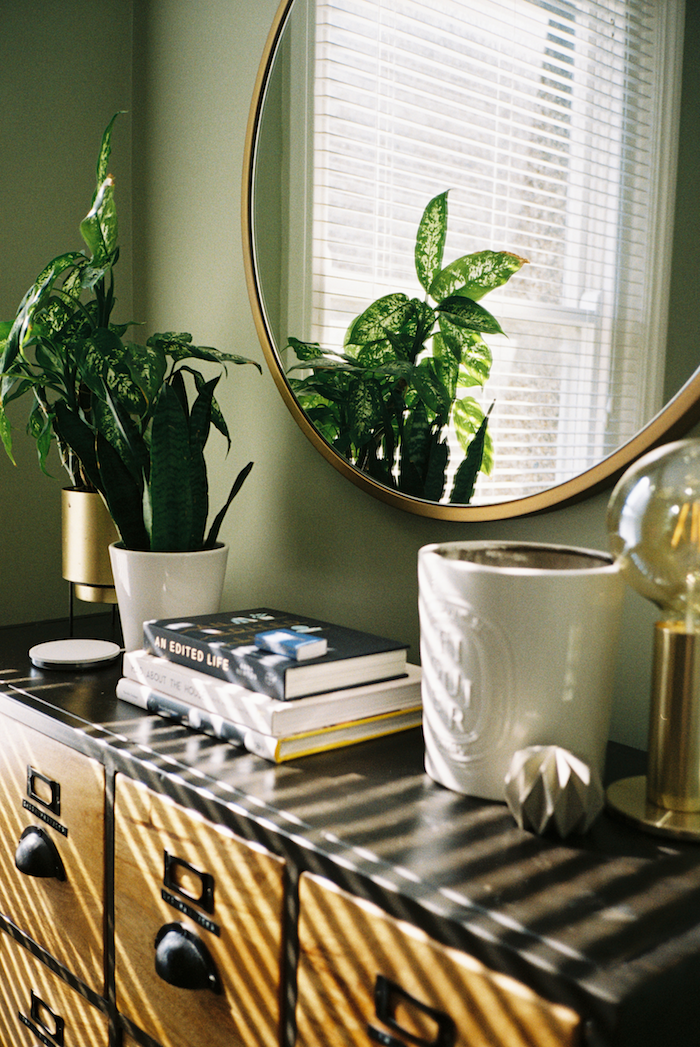


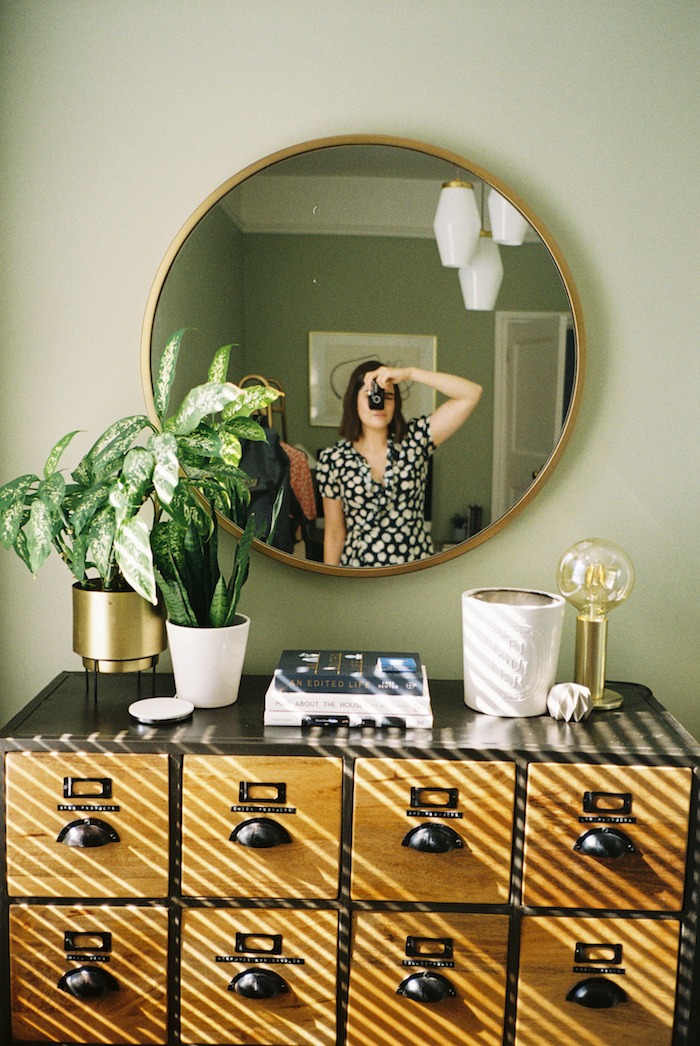
FOUR THINGS TO KEEP IN MIND WHEN SAVING FOR A HOME
1. Sometimes it’s best to sit tight. Moving is expensive. Factor in solicitor fees, moving costs, stamp duty and more; if you think about it for too long it can make your stomach churn. So it’s not something you want to be doing often. If you’re in a position where you’ve saved enough for somewhere where you’re going to have to compromise on ALL THE THINGS, but you’re happy enough with your current living situation, then it might be worth saving for another year or two to make the jump even higher up the property ladder.
2. It doesn’t mean that you can’t have fun. Loads of our mates are currently saving up for their first places or wanting to move to new homes with slightly more space to expand their families so a lot of us are in the same boat right now, meaning limiting our spending when it comes to holidays and expensive activities. But that doesn’t mean that our social lives have to cease all existence. Instead we’ve had to get inventive coming up with ways to spend as little money as possible; walks in the countryside with a homemade packed lunch, movie nights in, bike rides down the beach, taking turns to cook for each other instead of going out. Still fun, costs barely anything.
3. Save a little more than you need. When it comes to setting a savings goal, always aim a little higher than what you actually need. Mainly because it’s sod’s law that you’ll fall in love with a place that’s slightly above budget, or a home that needs a shedload of work doing to it, so make sure there’s a bit of breathing space in your budget. If you are looking for a do-er upper then look into whether you can afford putting a little less in as a deposit to free up funds for renovation work. It will increase your mortgage repayments in the long run, but might mean that you’ll be able to complete any necessary work faster. It’s a delicate balance, but ultimately having a bit more money in your back pocket that you think you need is always a good idea.
4. Assess every purchase you make. It’s a process that gets real boring, real quick, but when you’re trying to cream off such a large sum from your income and subsequent spending every single purchase can make a difference. Of course there are still going to be things you buy during this saving period, but perhaps there are smart swaps you can make, or maybe it’s worth downloading my budgeting guides so you can set yourself a realistic spending goal each month (also have a read of this post for the one thing that has completely changed my money habits). Just keep you home-buying intentions at the forefront of your mind each time you whack out cash or your card. Boring, but 100% necessary.
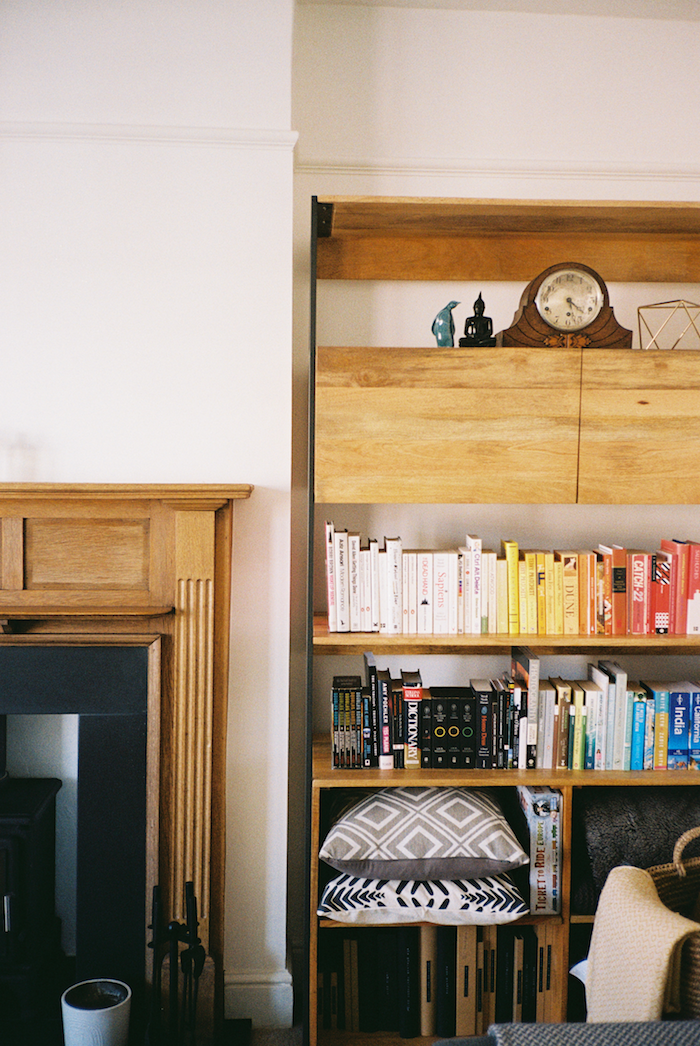
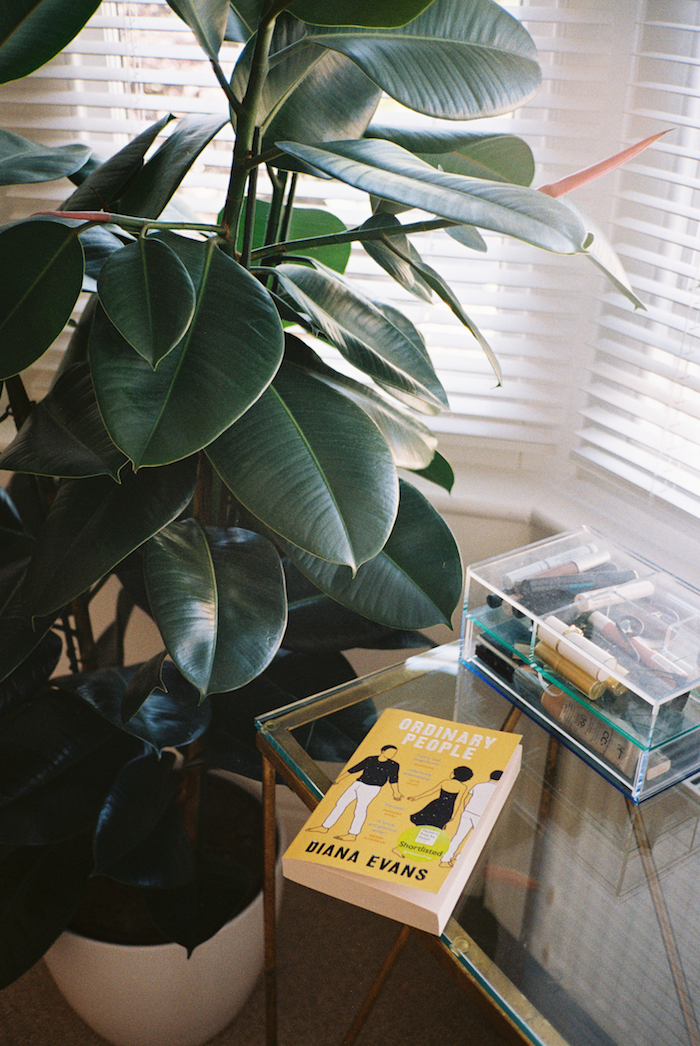
Photos by Mark Newton on Olympus Mju II














Comments